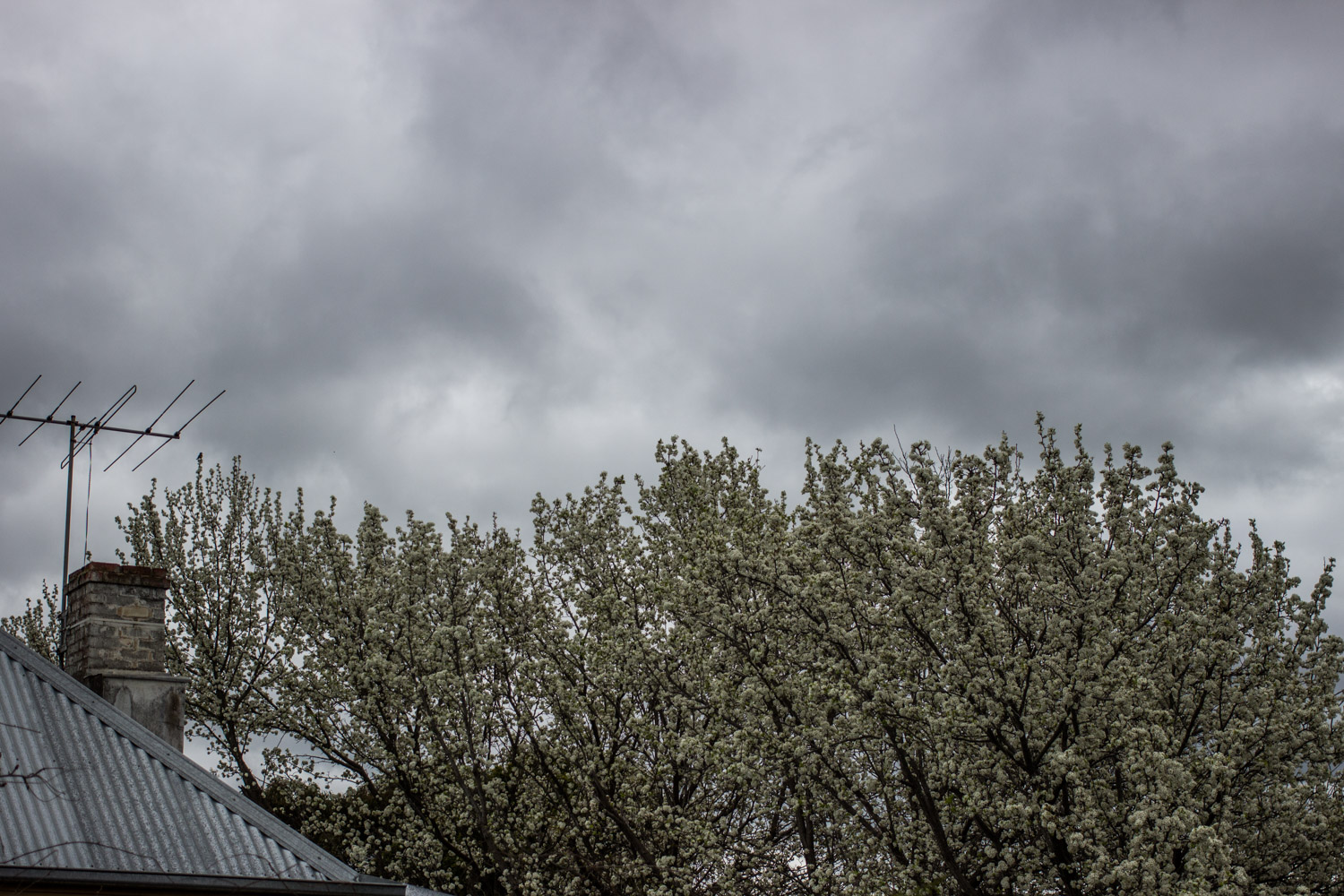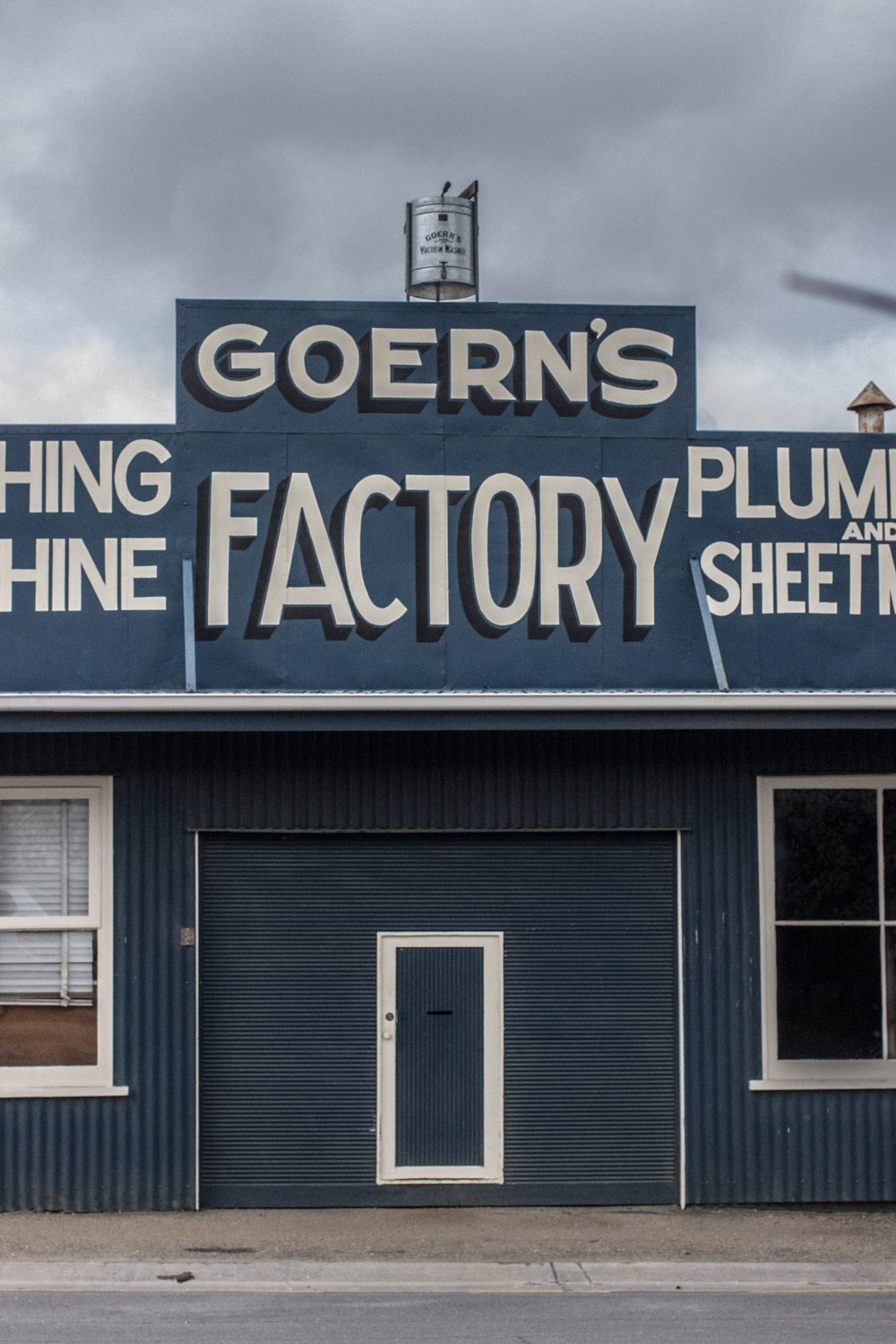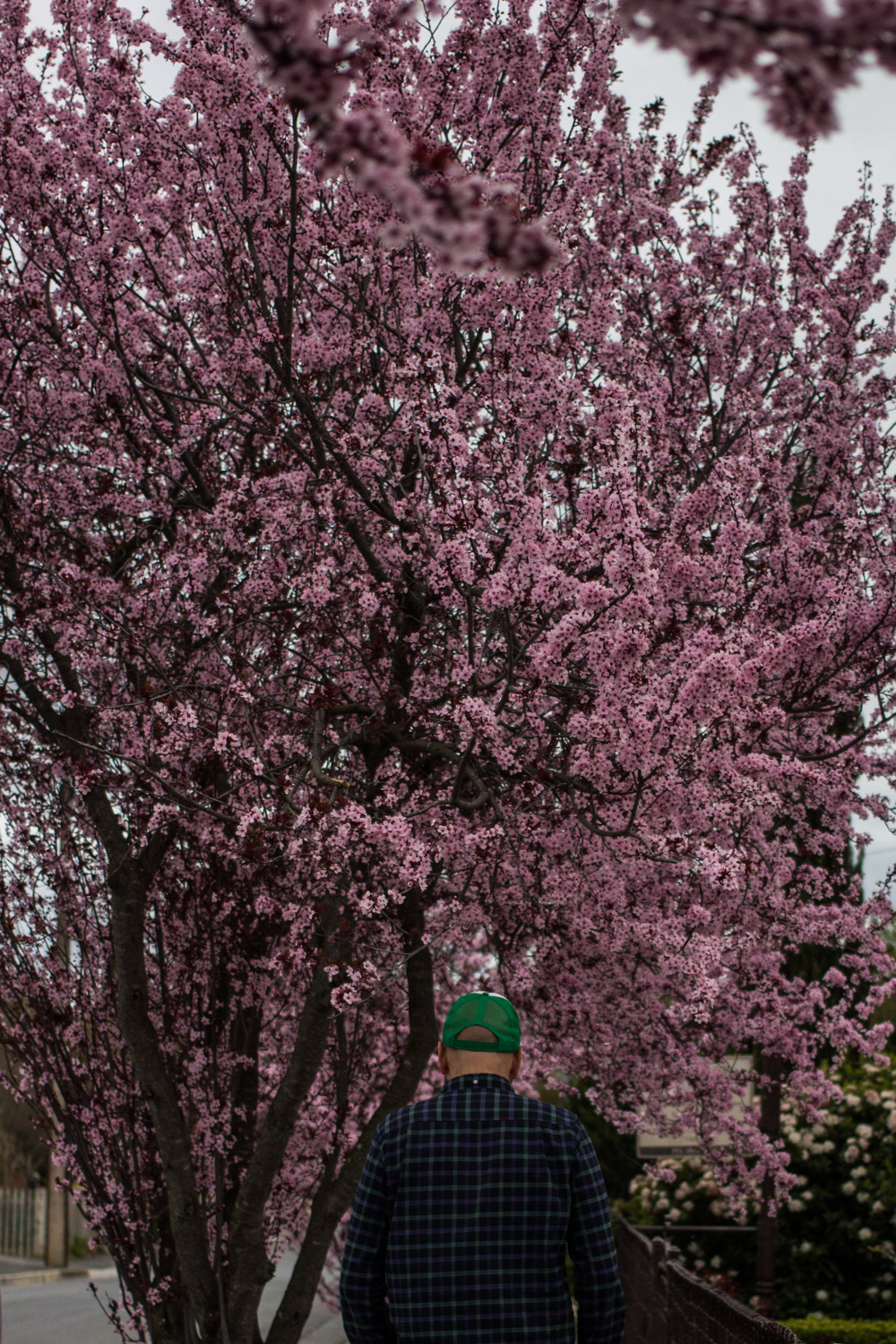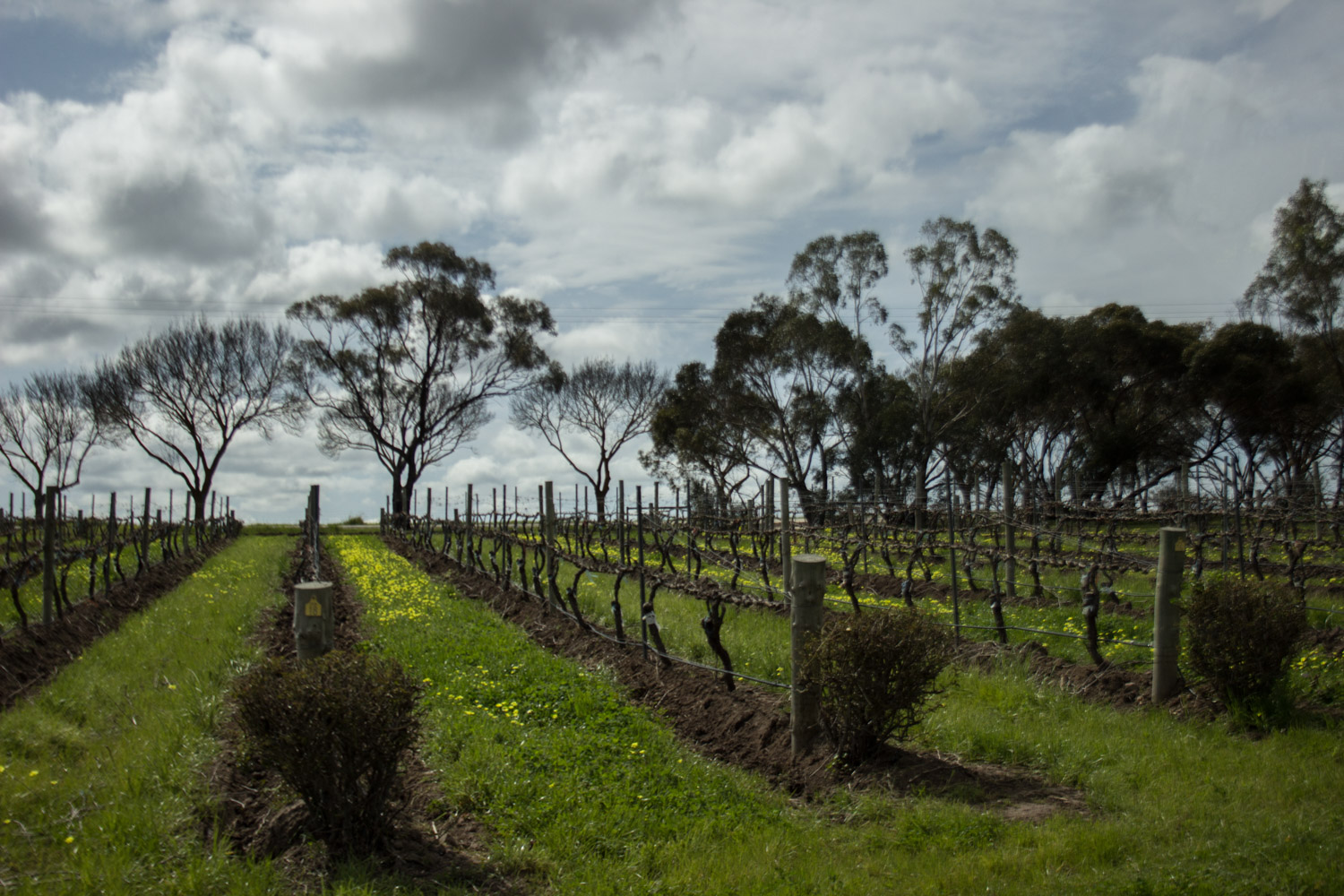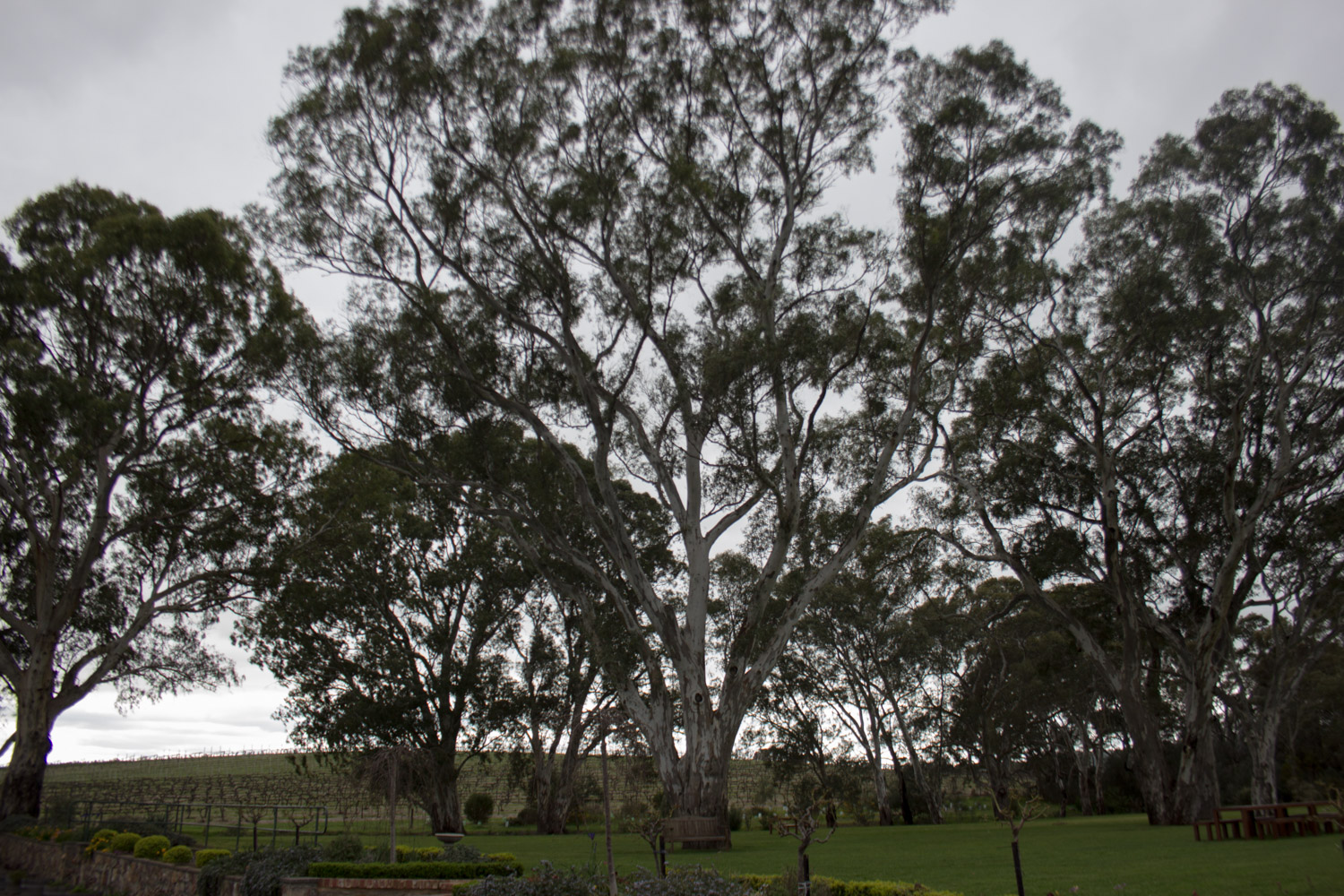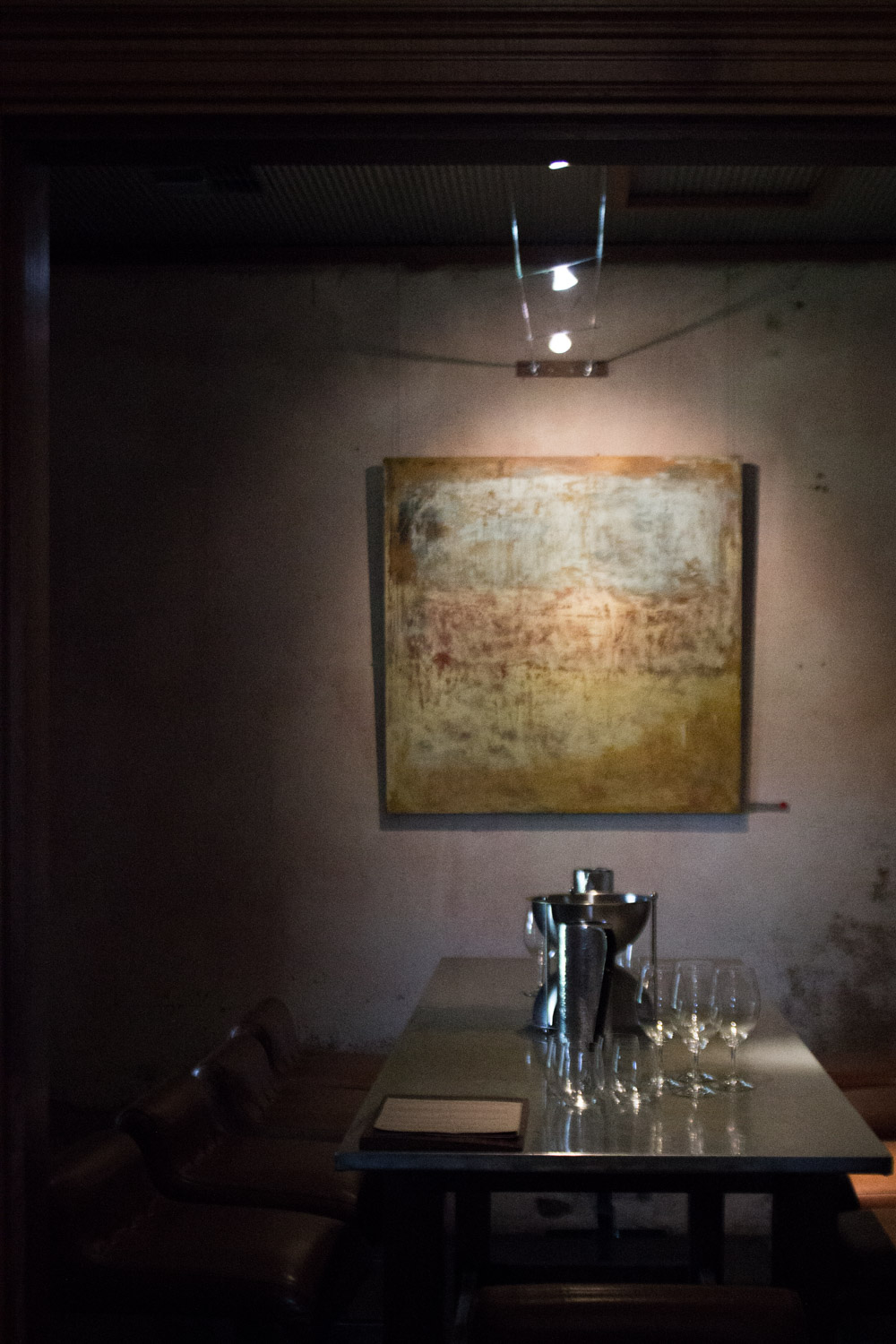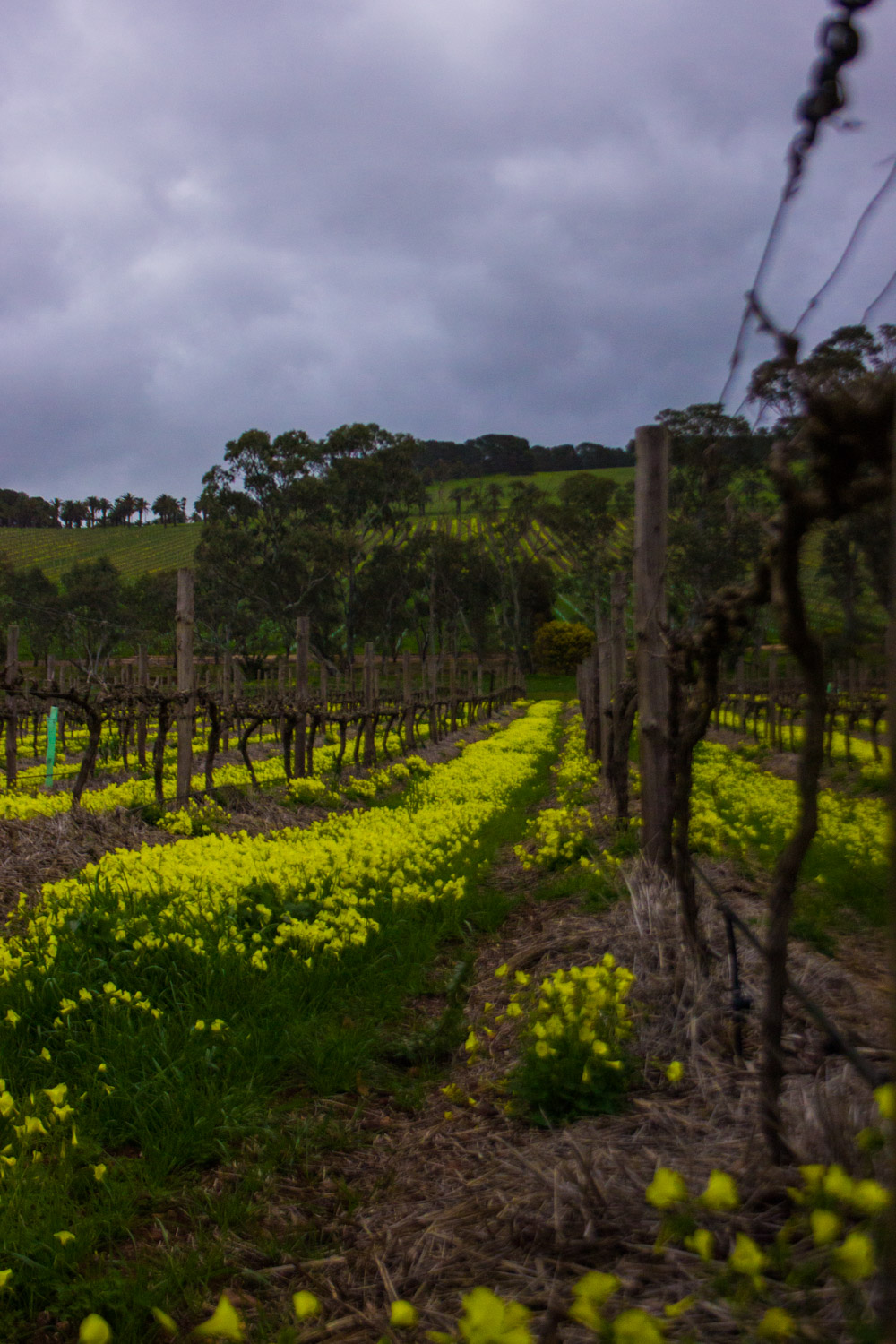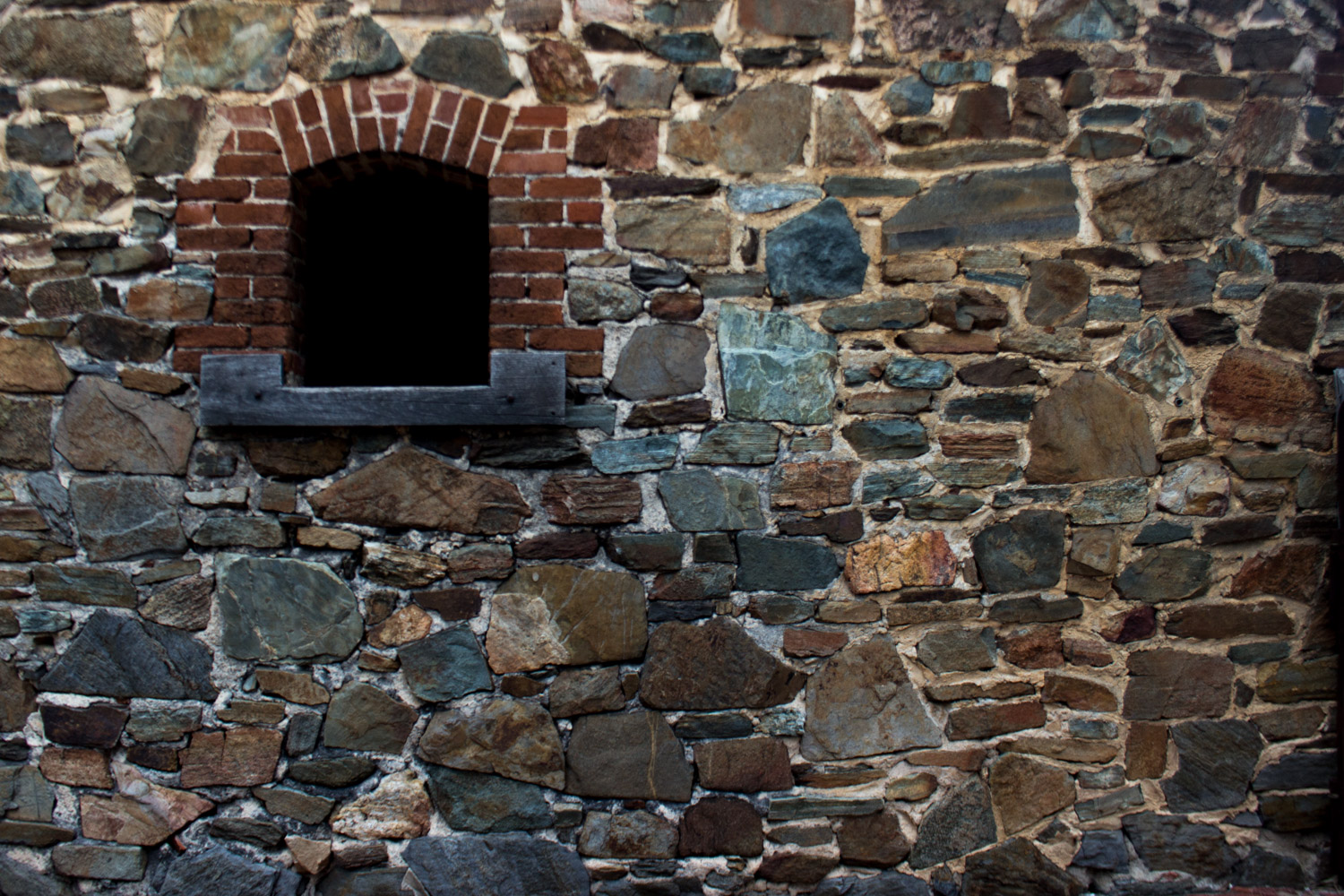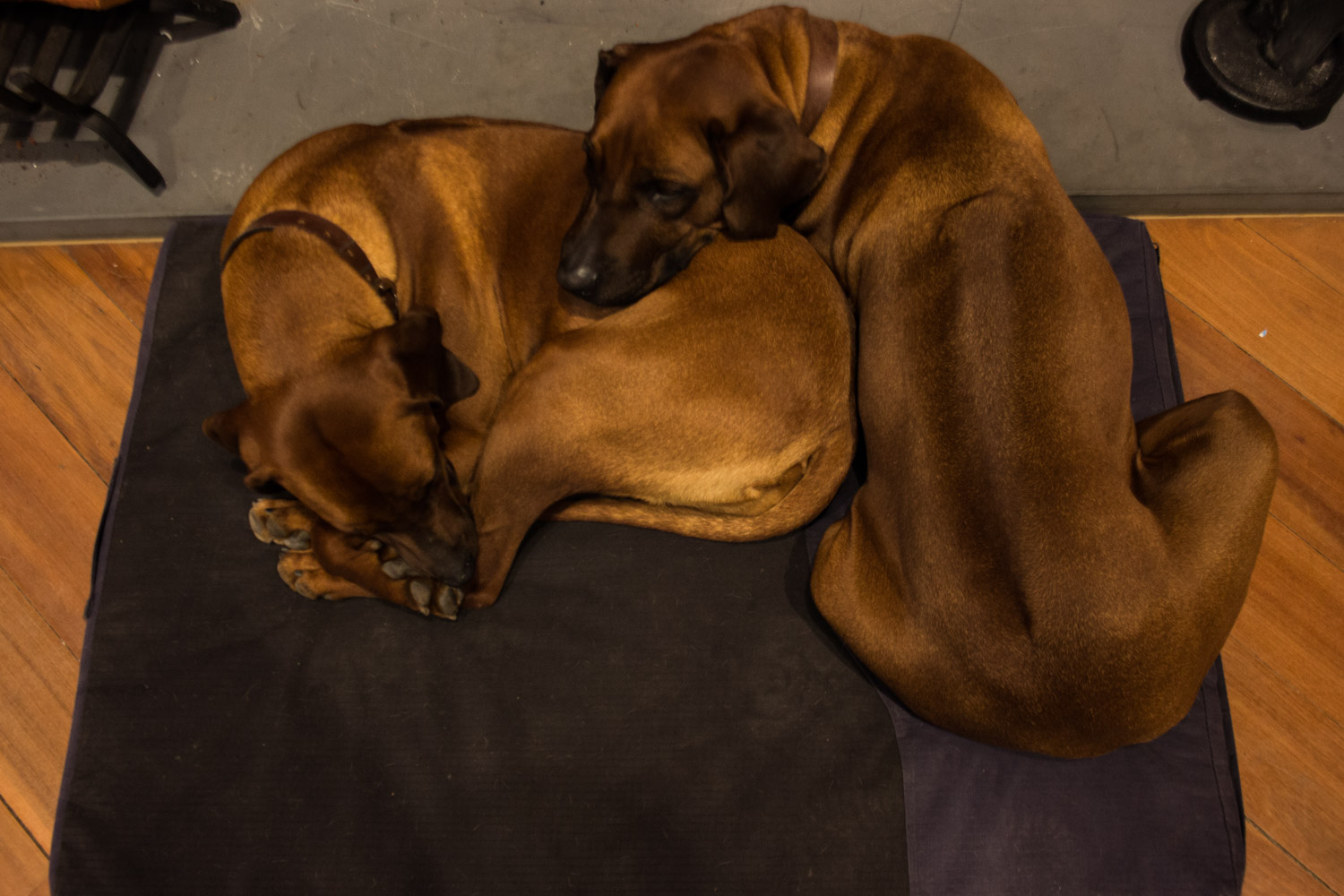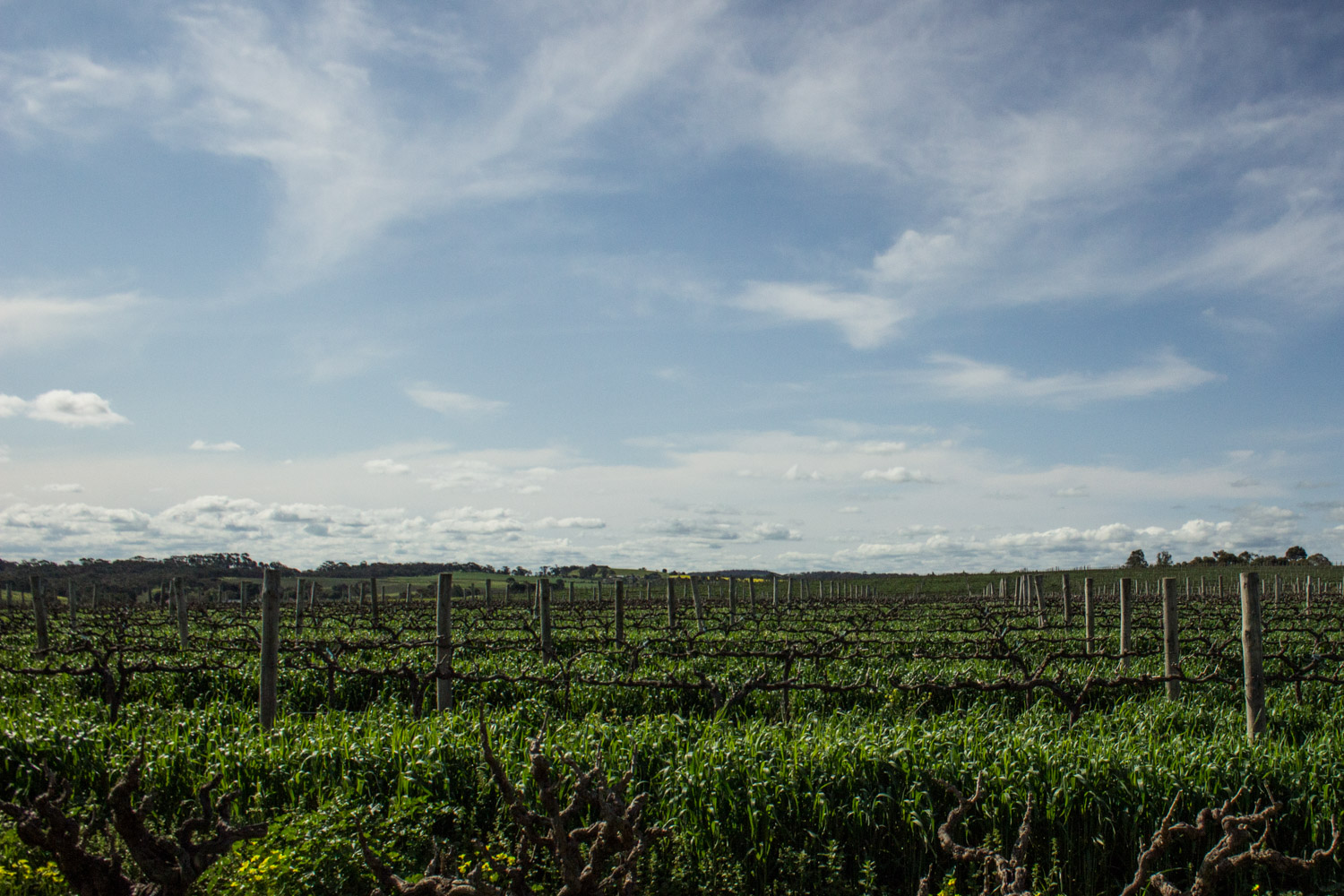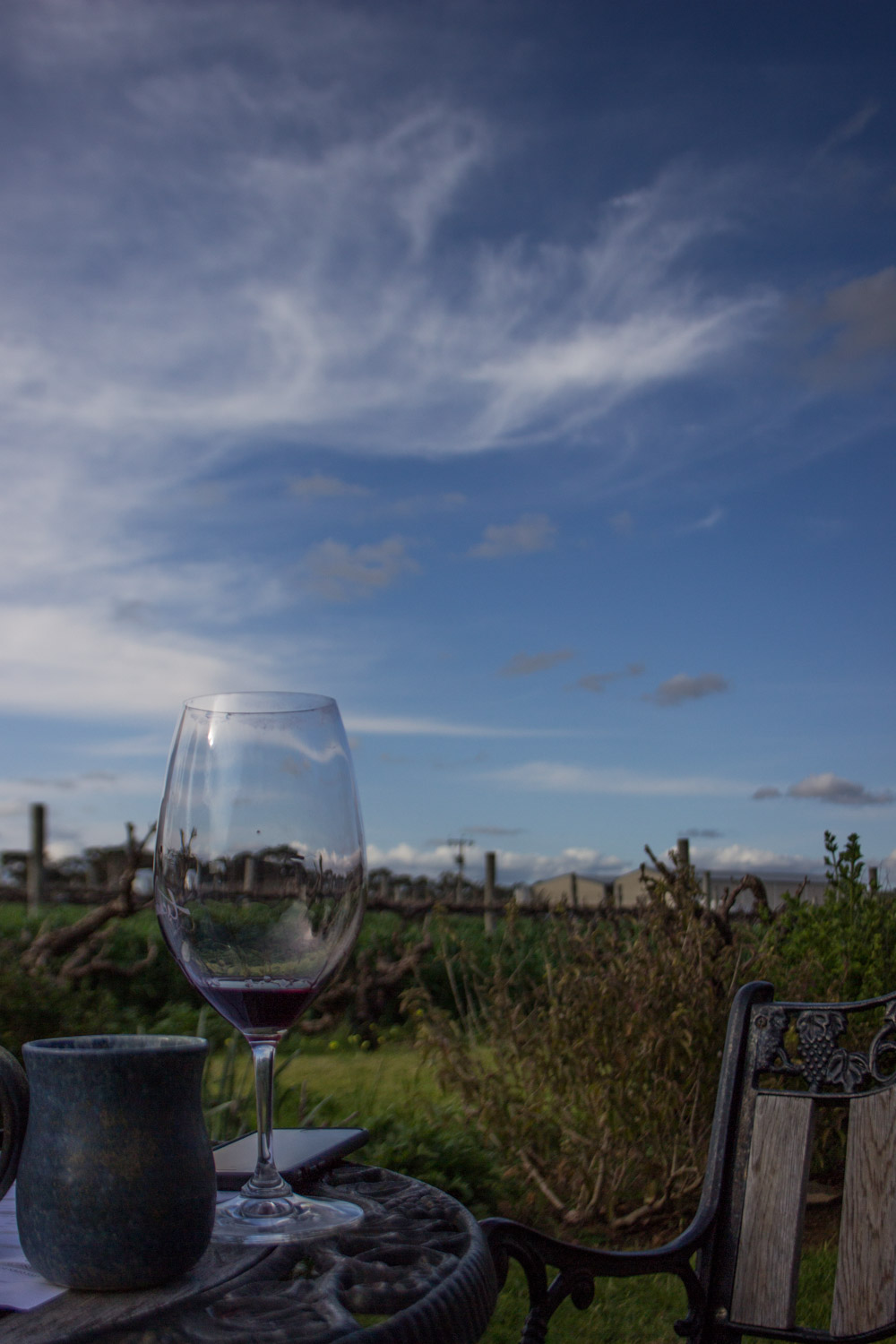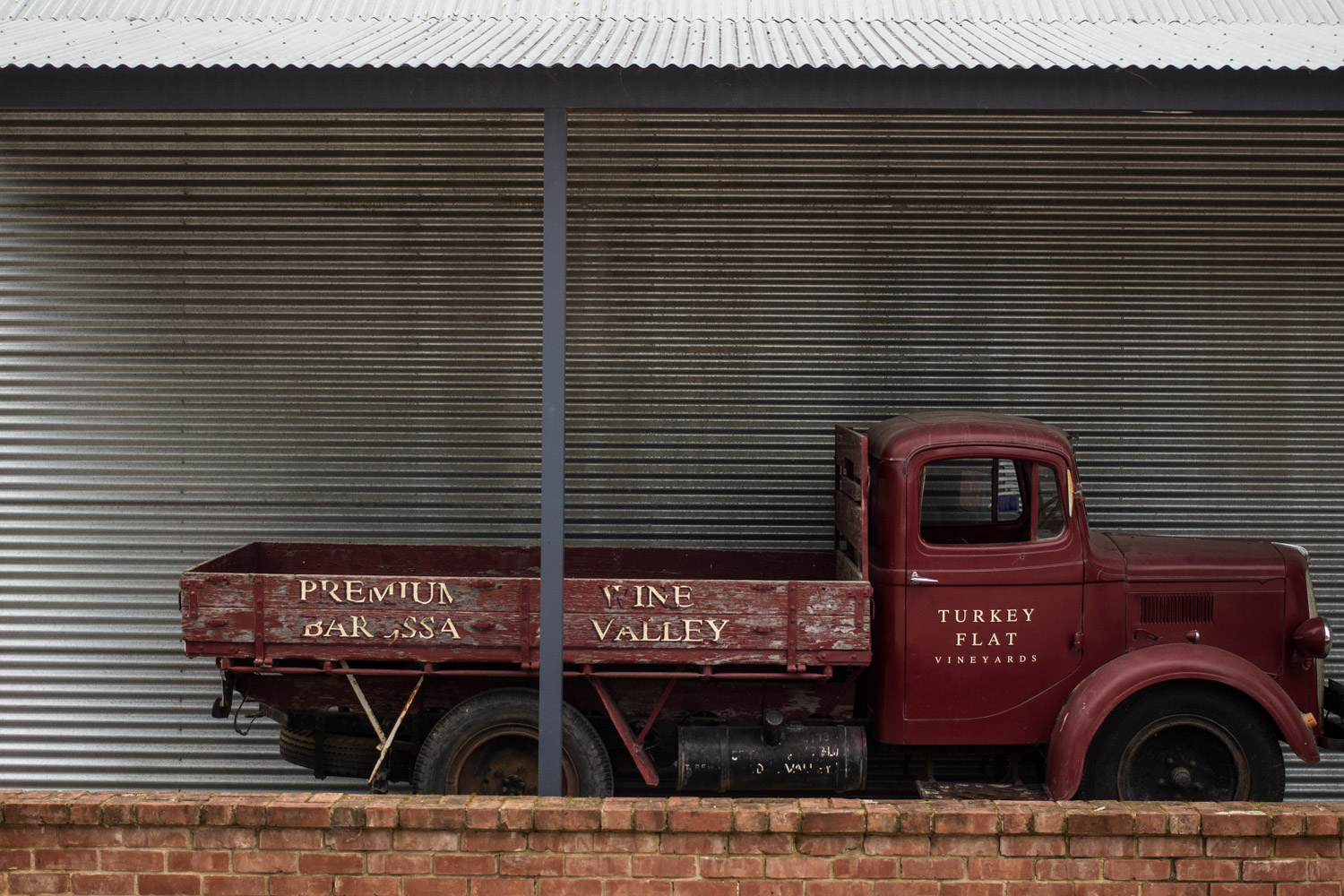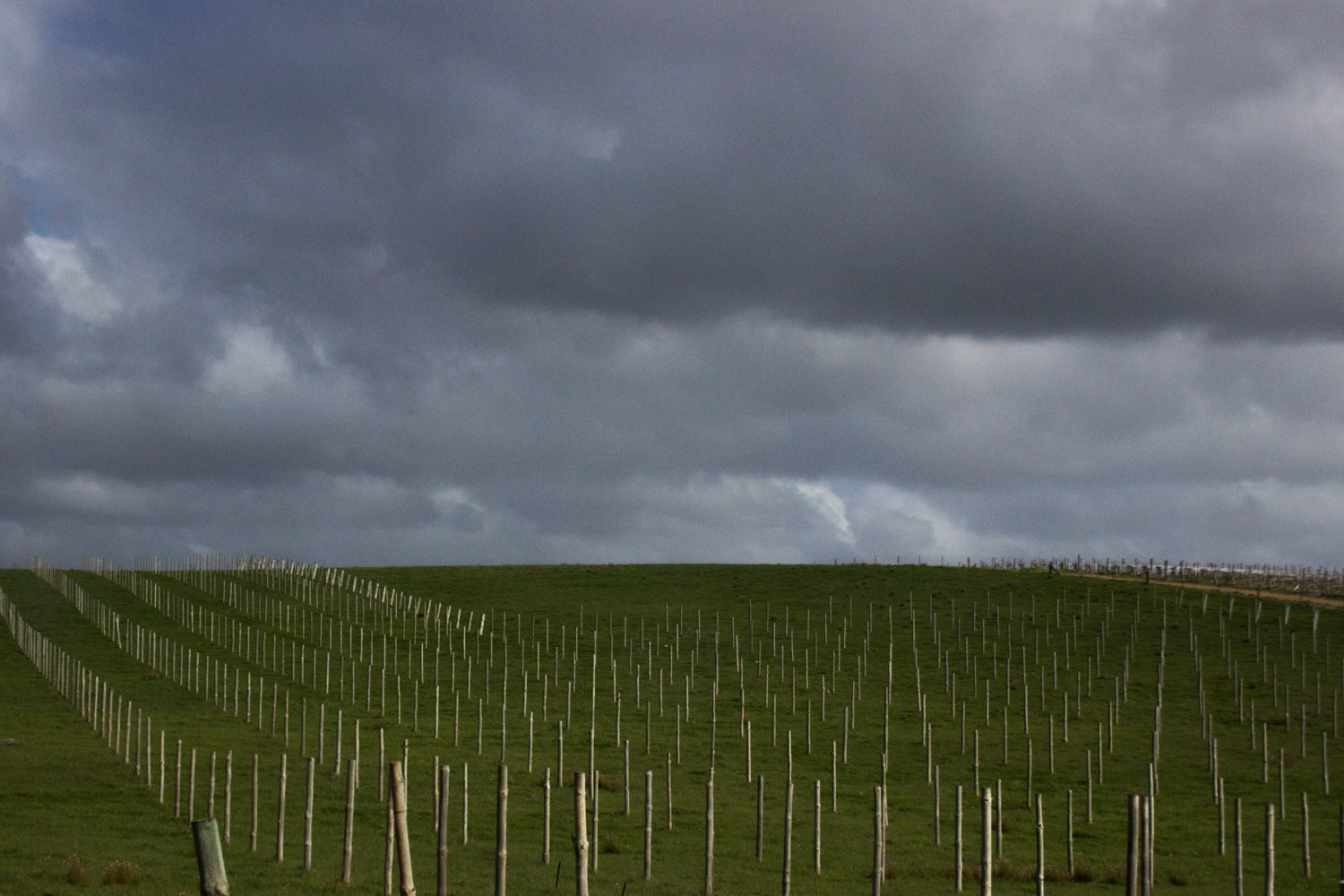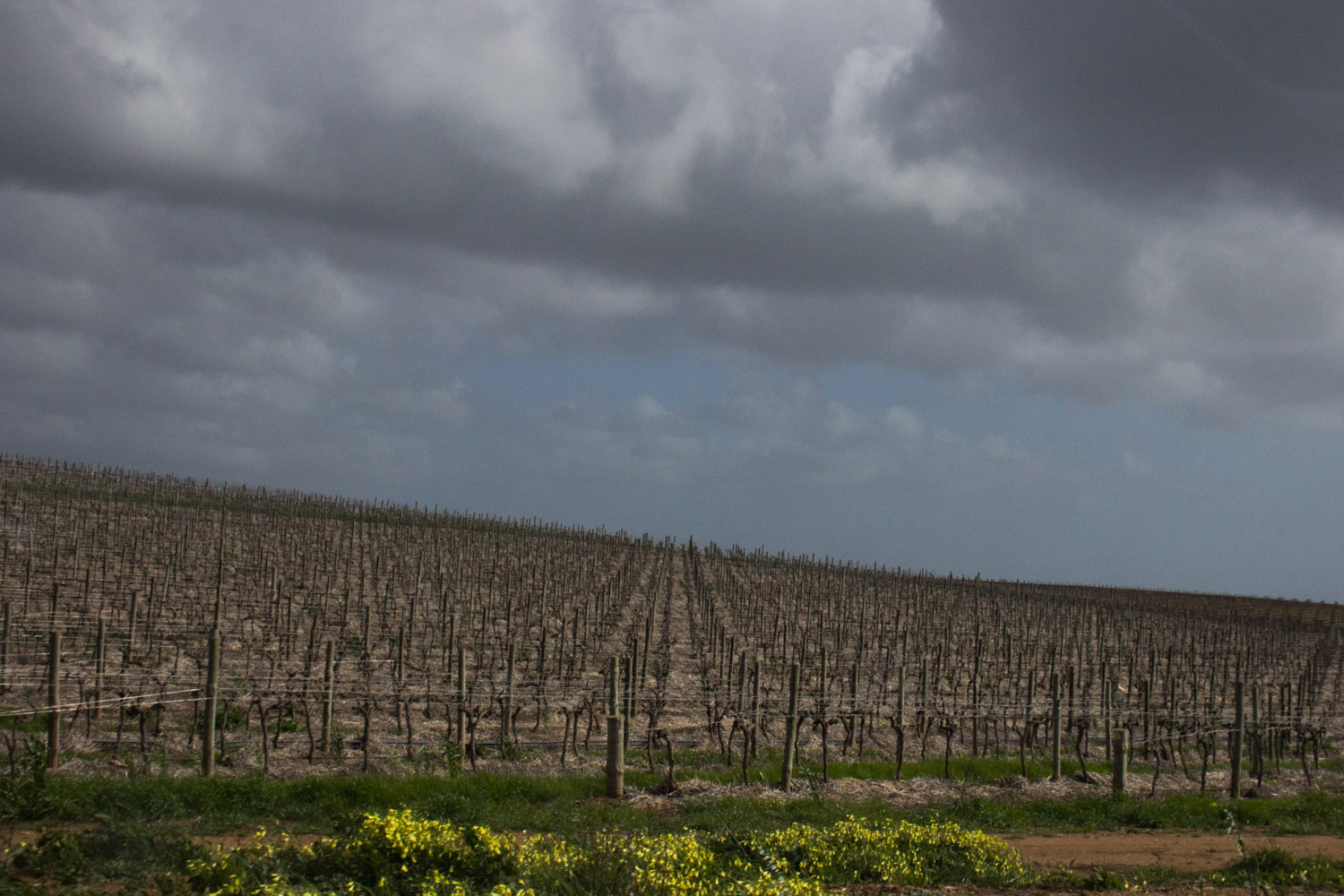Those who know me know I am a long time and avid consumer of podcasts. They’re oh-so-wonderful for oh-so-many reasons, but mostly because you can concurrently do other things while listening to podcasts. Walking to work, working, falling asleep, running, etc. For an aural learner like me, they’re such a great way to pick up tidbits of information and to learn from experts from all over the globe. Plus they’re way better than listening to the radio.
I’ve lost count of the number of times I’ve said something like “you don’t know about podcasts?!!!” - but then I have to stop myself from being such a patronising cow, and remember that not everyone likes to live their lives with headphones in, walking around with other people’s conversations drifting through their head.
However, since The Great Serial Revelation of 2014 (the podcast formerly known as Serial), and since I can barely hold a conversation without the words “I listened to a podcast about…” passing my lips, I’ve often had people asking for my recommendations and I thought it was about time I put them down in pixels - categorised for your listening pleasure, complete with links to stream or subscribe via iTunes. There are a lot. You have been warned.
History
Stuff You Missed in History Class
This was one of my first podcast addictions, but I confess I enjoyed the earlier episodes far more than more recent ones. Crazy obscure european royalty, exhumations, and sassy amazonian warriors. Yes please! Stream / Subscribe
The Memory Palace
The perfect mix of unheard moments in history and narrative, Nate DiMeo’s occasional podcast is full of personal idiosyncrasies and intrigue. Stories of neighbourhoods, families, and memories - they’re such tiny treasures. Stream / Subscribe
Economics
Planet Money
Short, conversational, practical explorations of current economic issues delivered in a playful and digestible way. Covering everything from the supply chain of a t-shirt to which subject you should major at uni in for best returns. Stream / Subscribe
Freakonomics
Using economic theory to pull apart the intricacies of human behaviour and have you questioning everything. Features pretty topics - from interviews with the President of the World Bank to dating as an economic decision. Stream / Subscribe
EconTalk
An in-depth deconstruction of current economics issues and theory, featuring interviews with academics and theorists. Really interesting discussions on everything from African economic growth to the morals of development. Stream / Subscribe
Weekly Economics Podcast
Produced by the New Economics Foundation (who I LOVE), this covers progressive macroeconomic issues in the UK and beyond. From the philosophical foundations of economic theory to ideas around feminist economics. Stream / Subscribe
Ethics
Point of Inquiry
The Centre for Inquiry encourages a society based on secular knowledge away from religious dogma, and their weekly podcast explores secular ethics - everything from drug policy, abortion and terrorism - with balance and insight. Stream / Subscribe
Michael Sandel: The Public Philosopher
Political Philosopher and Harvard Lecturer roams the globe facilitating conversations about modern day ethics, and we are lucky to be able to witness it. My favourite is the one about whether a banker should be paid more than a nurse. Stream / Subscribe
Politics + Policy
Counterpoint
Amanda Vanstone was never a favourite of mine - let’s face it, she’s not from my side of politics - but that’s exactly why this Radio National program is so interesting. She has rational and practical conversations that form a counterpoint (get it?) to the ABC’s supposedly leftist bias. Stream / Subscribe
Big Picture Politics
Guardian Politics Editor Lenore Taylor talks to key players about the biggest policy challenges facing Australia right now - with journalistic rigour. Only a few episodes in, but already a part of my regular listening habits. Stream / Subscribe
LSE Talks
As I’m not about to move to the UK to do an Economics Masters (as much as I’d like to), I spend a lot of time listening to the public lecturers the school presents. Touching on geopolitics, banking, economic theory, futures and more, they sure know how to put on a good chat. Stream / Subscribe
Personal Development
On Being
Krista Tippett talks to thinkers exploring life and it’s meaning. My particular favourites are Maria Popova (Brain Pickings) and Pico Iyer. They also do some great written content which is regularly published on the website. Stream / Subscribe
The Lively Show
Jess Lively chats to a bunch of interesting folk - touching on money, relationships, wellness, business, and more. Not every conversation is for me, but I’ve found by cherry picking I’ve come across some real gems. Stream / Subscribe
Creative Entrepreneurship
She Does
This one has been an absolutely pleasure since being recommended to me by Lani Holmberg. Honest conversations with women working in all forms of media - film makers, photographers, writers, producers, creators. So good. Stream / Subscribe
Foundr
The brainchild of Melbourne entrepreneur (and fellow former Intrepidite) Nathan Chan, Foundr is a wide ranging series of chats with entrepreneurs and innovators about all elements of their business and personal lives. Stream / Subscribe
Here’s The Thing
Alec Baldwin uses his celeb status to snag interviews with some of the world’s most intriguing characters including Julie Andrews, Lena Dunham, Paul Simon, Ira Glass. He doesn’t muck around - gets right to the good stuff. Stream / Subscribe
Pop Culture
Stuff Mum Never Told You
Two clever gals put a feminist spin on current events and cultural phenomena. They’re sassy, funny and take no prisoners, but they’re also balanced, informed and personal. If it’s relevant to women, they’re on it. Stream / Subscribe
Pop Culture Happy Hour
One of my greatest weekly pleasures, this is a clever, comical and cutting conversation about all things movies, tv, books, music, comics… It often gives me new threads to follow and pieces of entertainment to chase. Stream / Subscribe
Fresh Air
A podcast about contemporary issues and the arts featuring conversations with some really clever and creative peeps. Host Terry Gross is so damn good at her job and the subjects range from entertainment to ethics. Stream / Subscribe
Books + Reading
Chat 10 Looks 3
My two favourite ladies (and my future best friends, I’m sure of it) Leigh Sales and Annabel Crabb talk about books, food, pop culture, fun stuff, etc. Lots of jokes and insights leaving me full of wonder at these two awesome women. Stream / Subscribe
Book Club
A video podcast of the ABC’s monthly book club. Hosted by Jennifer Byrne and featuring Jason Steger and Marieke Hardy, along with a rotating roster of literary types, and critiquing one new release and one classic each month. Stream / Subscribe
The ReReaders
I discovered this one thanks to a recommendation from Jessica Stanley, and it is so good. Local peeps talking about pop culture, literature, and the arts with a series of clever guests. A firm favourite. Stream / Subscribe
Storytelling
Story Club
Broadcast of the stories presented at Sydney’s Story Club at the Giant Dwarf Theatre. So far has featured Annabel Crabb, David Marr, Zoe Norton-Lodge and others. All hilarious and incredibly human. Stream / Subscribe
Invisibilia
This show dives into the beliefs, assumptions and underlying factors that influence our behaviour and what it means for who we really are. It mixes psychology and science with narrative and personal stories. Stream / Subscribe
99 Percent Invisible
This little treasure explores how design impacts on our behaviour, even in ways we barely notice. Like how the design of shopping malls influences our choices, and how else we might design our calendar. Stream / Subscribe
RadioLab
This one is a beautiful mix of narrative and investigation, telling amazing stories with sounds, voices and great production. They cover all manner of topics, and even those I wouldn’t normally be interested in sucker me in. Stream / Subscribe
This American Life
Also a long time favourite, TAL covers one theme each week and tackles the theme from several angles. It is such good oral storytelling - deservedly iconic. Start with recent episodes on racism and school segregation. Stream / Subscribe
Music
Song Exploder
Deconstruction of familiar songs in the most literal sense of the word - pulling apart production and the stories behind hits and more obscure musical creations. So interesting, particularly for anyone who loves music. Stream / Subscribe
Desert Island Discs
A BBC Production that dives into the record collections of notable public personalities. Host Kirsty Young manages to weave personal anecdote between musical recommendations which add an extra dimension. Stream / Subscribe
All Songs Considered
If you want a quick and easy way to inject your life with great new music on a regular basis, All Songs Considered is your go to. Mostly music with integrity, with the occasional mainstream stayer thrown in. Stream / Subscribe
Mornings with Zan
I rarely listen to the radio these days, but as Zan Rowe is one of my enduring lady crushes, I like to get in some quality time with her from now and then. She talks new music, interviews people, and is generally quite wonderful. Stream / Subscribe
Just for Fun
No Such Thing As A Fish
Much to my husband’s delight (ha, jokes), I’m a huge fan of Stephen Fry and his show QI. The show’s researchers do a regular show where they share the strangest nuggets of information they’ve discovered recently. Stream / Subscribe
Dear Hank & John
I’m also a big fan of Author and general internet superstar John Green and his brother Hank. They get together occasionally to talk about anything interesting - and they do it with such cleverness and humour. Stream / Subscribe
Ask Me Another
Again my affection for quiz shows rears its ugly head. This one is super fun and recorded live in Brooklyn. Part word play, part trivia, part nonsensical musical mystery challenge, it is witty and unexpected. Stream / Subscribe
SBS French
Given how lazy I am at keeping my 10 years of french study current and (ahem) intelligible, listening to the occasional broadcast in french assuages my guilt somewhat. Local stuff, but communicated en français. Tant mieux! Stream / Subscribe
New on my list
WTF with Marc Maron
Comedy mixes with philosophy and a healthy dose of celebrity / comedian guests (from Ian McKellan to Kim Gordon) thrown in. Looking forward to diving into this as there are many episodes to filter through! Stream / Subscribe
Death, Sex & Money
This one explores the things we would typically dance around in polite conversation (which my friends know I love to get into). Also featuring celebrity guests including Margaret Cho, Dan Savage and Cindy Chupak. Stream / Subscribe
Three Month Vacation
The experiences of entrepreneur Sean D’Souza who has structured his work and professional life in such a way that he can take 3 months off every year, and has successfully done so for the last 10 years. Yes please! Stream / Subscribe
The Slow Home Podcast
Led by Australian downshifter Brooke McAlary, this features conversations with others who have elected to live their life at a slower-than-110%-pace. Trading experiences, insights and pieces of advice to join them. Stream / Subscribe
The Moth
This long running show now has an impressive reputation for live storytelling, with featured speakers presenting alone on stage in front of a standing room audience, with no notes - just a microphone and spotlight. Stream / Subscribe
Happier with Gretchen Rubin
Gretchen Rubin runs a blog that explores happiness and the habits that create it. Her podcast features her sister as cohost and looks at psychology, science and practices that can create a lifelong practice of habits. Stream / Subscribe
Worth a mention
Serial
Any podcast wrap up would be incomplete without mentioning Serial - the one that seemingly exploded podcasting. Definitely an interesting piece of oral storytelling and apparently season 2 is coming soon. Stream / Subscribe
Undisclosed
If you got seriously addicted to Serial, you might like to dive into this series about the intricacies of the Adnan Syed case that weren’t explored in the podcast itself. Conspiracy theories, further explanation, more mystery. Stream / Subscribe
At the Movies
If you’re still mourning the end of David Stratton and Margaret Pomeranz’s reign on Australian TV, you can podcast video of the show and relive all the great memories and discover great films old and new to you. Stream / Subscribe
So there you have it. Some I’ve listed here I dip in and out of. Some I find myself waiting impatiently to hear the next episode. All have given my joy and insight in some way. I hope you find something you love here.
Are you a fellow podcast addict? I’d love to hear about your favourites. Or do you podcast? I’m always looking for recommendations!

